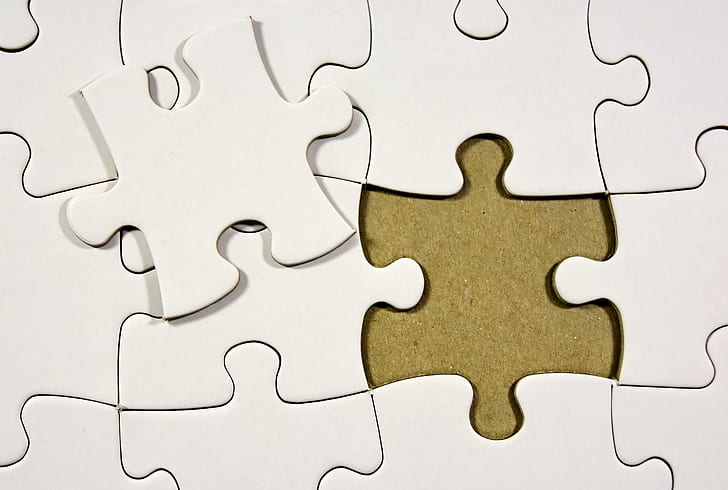We all grew up playing with
puzzles of some form or the other. But have you ever realized the positive
effects of playing with puzzles on the little brain of a child? It is immense!
Building blocks and puzzles
are on top of the list as far as educational toys go. Puzzles not only
challenge and enhance young minds but also teach important life skills. They
are an exercise for the mind and keep children constructively engaged for a
long time.
There are numerous kinds of
puzzles available in the market. They are made in different sizes and out of
different materials such as cardboard, hardwood, plastic, and so on. If you are
looking for long-lasting puzzles you should probably go for the wooden ones.
Wooden toys are an all-time
favorite. Not only are they durable, bright, and attractive, but they are also
environment- friendly as they are biodegradable. Instead of having your kid
tuning in of countless of hours of television, try and lure him into is one mind
training toys, and find some of the best
wooden puzzles for your kid, along with other educational toys.
Advantages of puzzle
There are various
developmental benefits of puzzles for your child. Some of them are summed
below:
- Fine motor development – Puzzles help the child hone their fine motor skills. While playing with puzzles they move their hands, wrists, and fingers to pick up, pinch or clutch the pieces. Placing the pieces into the correct slots while sorting, moving, and fitting them enhances their fine motor skills.
Furthermore, using pegged puzzles helps toddlers use the pincer grip which helps them hold the pencil in kindergarten. Therefore, many reputable kindergartens like the St Ives Case Kindergarten recommend using pegged puzzles early.
- Enhances concentration and memory – Puzzles help in building up concentration in kids. Working on a puzzle and completing the task helps in increasing the attention span and focus of a child. Puzzles are beneficial in increasing memory power, especially short-term memory.
- Develops hand-eye coordination – Solving a puzzle requires harmony between the eye and hand and hence are particularly effective for hand-eye coordination. The trial and error process that a child goes through while fixing a puzzle enhances this coordination.
- Boosts problem solving – Fixing the mixed-up pieces of a puzzle is like solving a problem. Hence by playing with puzzles they learn how to solve a problem.
- Increases cognitive ability and topic-specific knowledge – As puzzles come in different topics and themes, kids receive a deeper understanding of many subjects. It also increases their visual and spatial awareness.
There are puzzles on varied
topics such as maps, alphabets, animals, flowers, dinosaurs, and so on. So,
along with having fun, children learn in detail about specific topics.
- Enhances socialization skills – Puzzles are a great tool to enhance social skills and play together while cooperating. Be it supporting each other to find the right piece or sharing the satisfaction of completing a puzzle, it all adds up to the socializing skills.
- Endorses Self-esteem – Confidence thrives on self-esteem. On completion of a puzzle a child experiences loads of satisfaction. It gives them a sense of pride having solved it despite the challenges faced. This achievement adds to their self-esteem making them more confident to face challenges and complete tasks in the future.
Puzzles are simple toys, hence
helpful in concentration and are not distracting like technical toys. They are
a refreshing way to put your child’s mind and interests.



 Bitcoin
Bitcoin  Ethereum
Ethereum  Tether
Tether  XRP
XRP  Solana
Solana  USDC
USDC  TRON
TRON  Cardano
Cardano  Lido Staked Ether
Lido Staked Ether  Avalanche
Avalanche  Toncoin
Toncoin